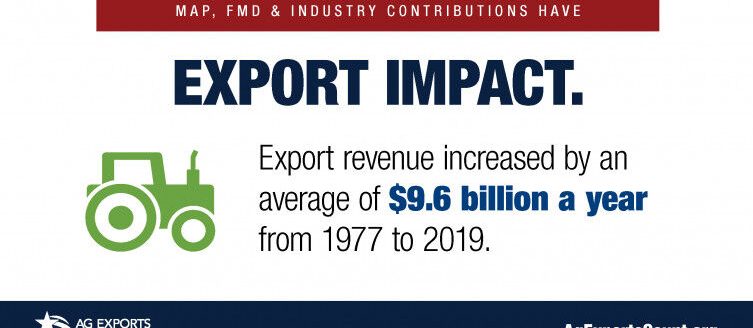RFA says second generation biofuels need stable tax policy
Renewable Fuels Association General Counsel Ed Hubbard recently testified at a hearing titled “Post Tax Reform of Recently Expired Tax Provisions.” RFA testified in support of several key tax incentives that have been critical to the growth and development of the nation’s biofuel industry.
RFA conveyed how important steady, long-term tax support is for the second-generation biofuels industry. We urged the committee to extend the Second-Generation Production Tax Credit and Accelerated Depreciation rules at least until the end of 2018, to help encourage industry investment and drive the next wave of commercial scale production.
Due to the expiration of these two incentives at the end of 2013, the industry has been forced to cope with short-term extensions with only the hope that a long-term extension would be addressed in time. While the one-year retroactive extension approved by Congress in February is helpful, it is our hope Congress will consider an extension further into the future.
“While the U.S. grain-based ethanol industry has matured into an efficient and highly competitive fuel supplier, the second-generation sector is much younger and has struggled to overcome immense financial and commercial obstacles. However, in recent years, with the help of federal tax incentives, the U.S. second-generation sector has finally been able to actually produce second-generation biofuels at a commercial scale level,” Hubbard told the subcommittee.
During the past few years there has been significant success in the use of “bolt on” technologies that has allowed existing grain biorefineries to produce ethanol from cellulosic fiber waste, Hubbard explained. Given this success, other biorefineries will look to invest in this new technology should steady and reliable tax policy be in place.
RFA further urged Congress to modify and extend the Alternative Vehicle Refueling Property Credit. In his testimony, Hubbard also requested Congress provide a multi-year extension and expansion of the Alternative Vehicle Refueling Property Credit, which provides a tax credit equal to 30 percent (up to $30,000) of the cost of any qualified alternative fuel vehicle refueling device. The tax credit currently is limited to single-use, dedicated pumps, but should be expanded to take into account the increased use of blender-style pumps.


